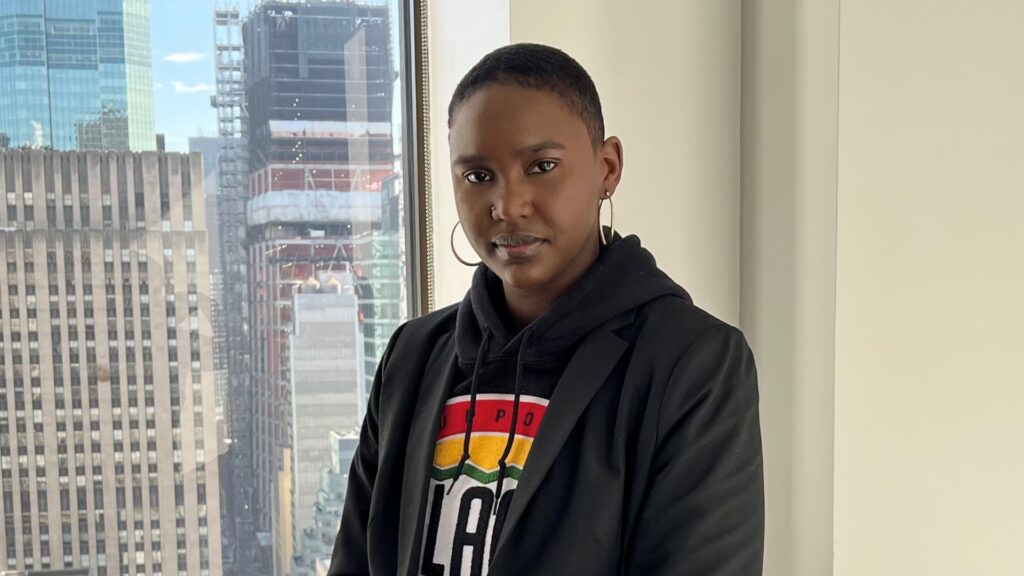I started working at age 15 and since then, I’ve had two personas: workplace me and the real me.
Workplace me is witty yet professional. She’s cheerful, high-pitched, and tries to enunciate every word clearly. The real me is way more relaxed — she uses Ebonics, social media references and has a Southern twang that you can’t miss.
As a Black woman, I’ve been indoctrinated to believe that Black vernacular, hairstyles and ways of expression are unacceptable at work. So I entered survival mode. I adjusted and adapted until I fit in.
It wasn’t until my freshman year of college that I found out I was code-switching, which involves adjusting one’s style of speech, appearance, behavior and expression in ways that will optimize the comfort of others in exchange for fair treatment, quality service and employment opportunities, as reported by Harvard Business Review.
According to HBR, code-switching can have some upsides like increased chances of a raise, promotion and perception of professionalism — but it also comes with “social and psychological repercussions.”
“Downplaying one’s racial group can generate hostility from in-group members, increasing the likelihood that those who code-switch will be accused of ‘acting white.’
Seeking to avoid stereotypes is hard work, and can deplete cognitive resources and hinder performance,” said HBR. “Feigning commonality with coworkers also reduces authentic self-expression and contributes to burnout.”
Here’s how code-switching impacts Black professionals, and why experts say it shouldn’t be a workplace norm.
‘There’s an expectation that you must speak standard English in order to navigate this world’
I first witnessed code-switching as a child in the early 2000s, watching my aunt shift from using her normal voice and African American Vernacular English (AAVE) to using a high pitch and standard English when talking on the phone or conducting business.
But this practice of alternating between languages and dialects goes back to the…
Read the full article here





